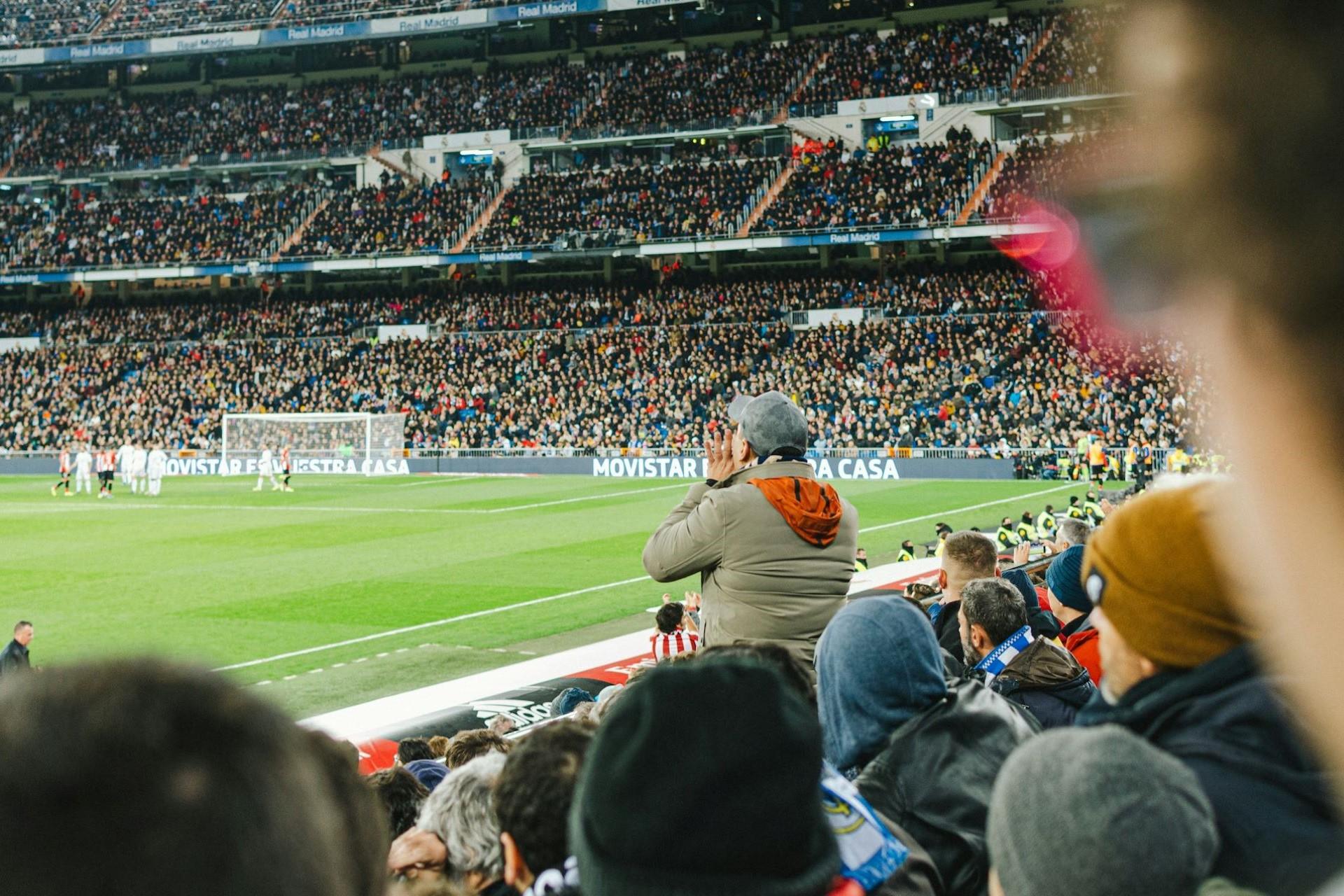"You have to fight to reach your dream. You have to sacrifice and work hard for it."
Lionel Messi
La Liga (commercially known as LaLiga EA Sports) is the top flight of Spanish football (soccer). The story of it and how it works is a fascinating one that we'll be covering in this article.

A Brief History of La Liga
Spain's top league was founded as the Primera División (First Division) in 1929 and featured 10 teams.
The country's domestic knockout cup competition, the Copa del Rey, had been running since 1908 and the teams chosen for the league were all previous winners of the competition.
The very first league title was won by Barcelona, who'd become one of the country's and world's most successful football clubs.
During the Spanish Civil War (1936-1939), the league was suspended. The Mediterranean League (and later Catalan League) was played by some teams in areas controlled by Spanish Republicans.
Following the end of the Spanish Civil War and under the Fascist regime of Franco, La Liga resumed. Unlike other European leagues including the precursor to the German Bundesliga, the Second World War didn't stop La Liga as Spain didn't actively participate. However, the regime was closely linked with the Axis Powers but was likely too weakened from the Civil War to be involved in the conflict.
Atlético Madrid, Barcelona, and Valencia were all successful following the Spanish Civil War, but by the 1950s, Real Madrid was a force to be reckoned with.
The politics of playing football under the fascist regime were unavoidable. While Real Madrid enjoyed success in continental competition, winning the European Cup (the precursor to the UEFA Champions League), there remain suggestions that certain matches were less than fair.
The 1943 domestic cup campaign, which had been renamed Copa del Generalísimo in honour of the dictator Franco, saw Real Madrid defeat Barcelona 11-1 after a 3-0 loss in the previous match at Barcelona.
This gave the team an aggregate score of 11-4 and allowed them to progress to the final, where they lost to Athletic Bilbao. These matches between Real Madrid and Barcelona, depending on whose side you're on, were either the results of some amazing football or political interference.
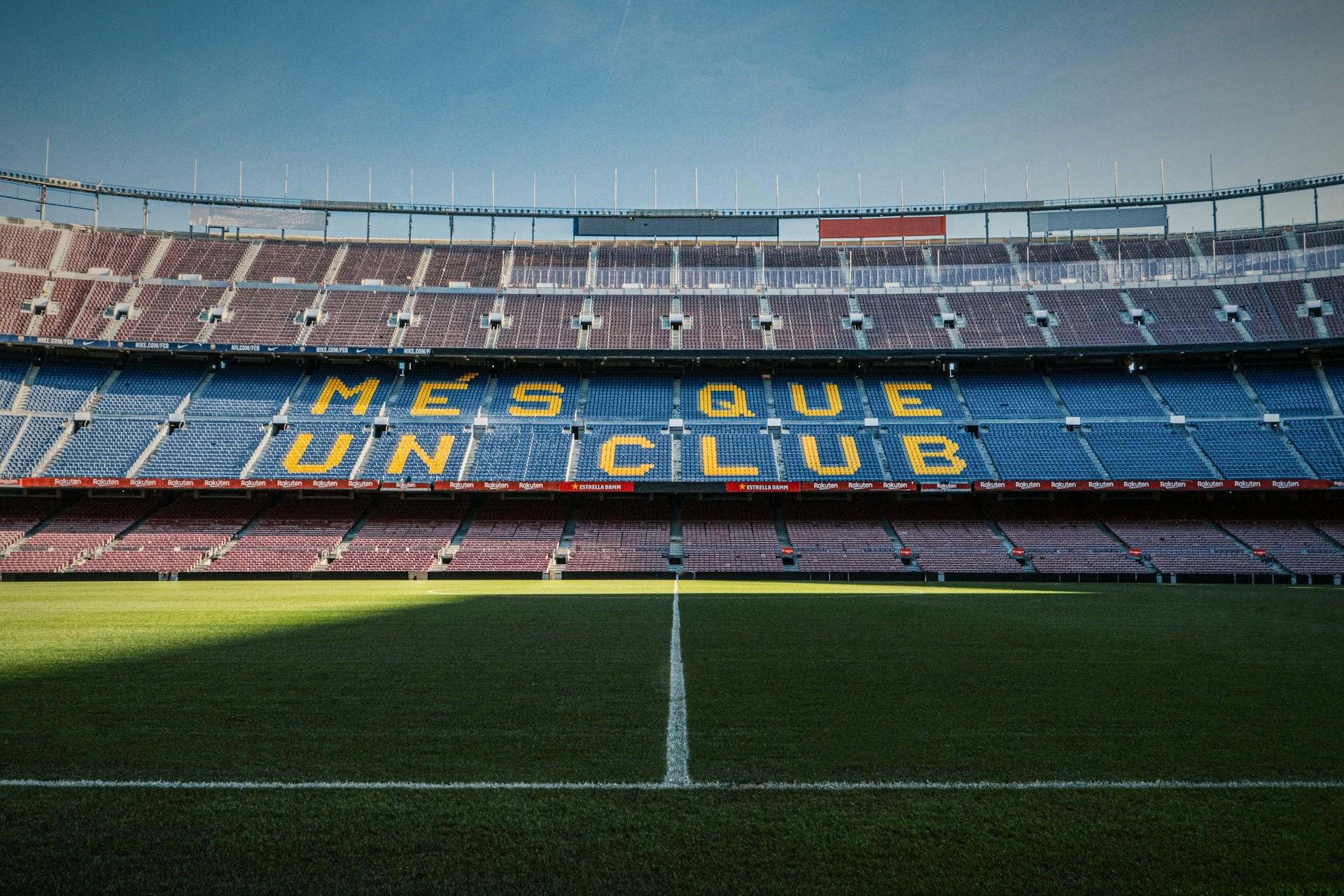
Either way, the rivalry between Real Madrid and Barcelona remains to this day, with the matches between the two sides referred to as El Clásico or “The Classic”.
La Liga Competition Format
La Liga, much like Italy's Serie A and England's Premier League, features 20 teams that play each other twice.
This amounts to each team playing 38 matches, half of the matches at their own stadium and the other matches at each of the other team's stadiums.
La Liga Points System and Rankings
3 points
1 point
0 points
Each team is awarded 3 points for a victory, 1 point for a draw, and 0 points for a loss. At the end of the season, which typically runs between August and May, the team with the most points is the champion.
If two teams share the same number of points, they are sorted according to a head-to-head, or the results between the two teams when they face each other. If this is still a tie, then the team with the greater goal difference (goals scored minus goals conceded across all league matches) breaks the tie.
Promotion and Relegation
As the top tier of Spain's football leagues, no teams from La Liga can be promoted. However, 3 teams at the bottom of the league at the end of the season are relegated to the second tier of Spanish football, la Segunda División (Second Division).
The top 2 teams from Spain's second division are automatically promoted to La Liga at the end of the season.
The teams ranked 3rd through 6th play against each other in a mini-knockout tournament known as the La Liga play-offs, much like for promotion to the Premier League in England. The eventual winner of the play-offs will take the remaining place in the following season's La Liga.
La Liga in European Competition
The governing body of European football, UEFA, allocates places to domestic European leagues based on a coefficient to rank the quality of each league.
Spain's La Liga is currently ranked 2nd among Europe's best football leagues, giving the league a total of 7 European competition places.
4 teams qualify for the UEFA Champions League (formerly the European Cup), 2 for the UEFA Europa League, and 1 for UEFA Europa Conference League.
Historically, Spanish football clubs have performed exceptionally well in European competitions. With 14 European Cup and Champions League titles, Real Madrid is the most successful football club of all time.
With Barcelona's 5 European Cup and Champions League titles, Spanish clubs have 19 titles, more than any other country.
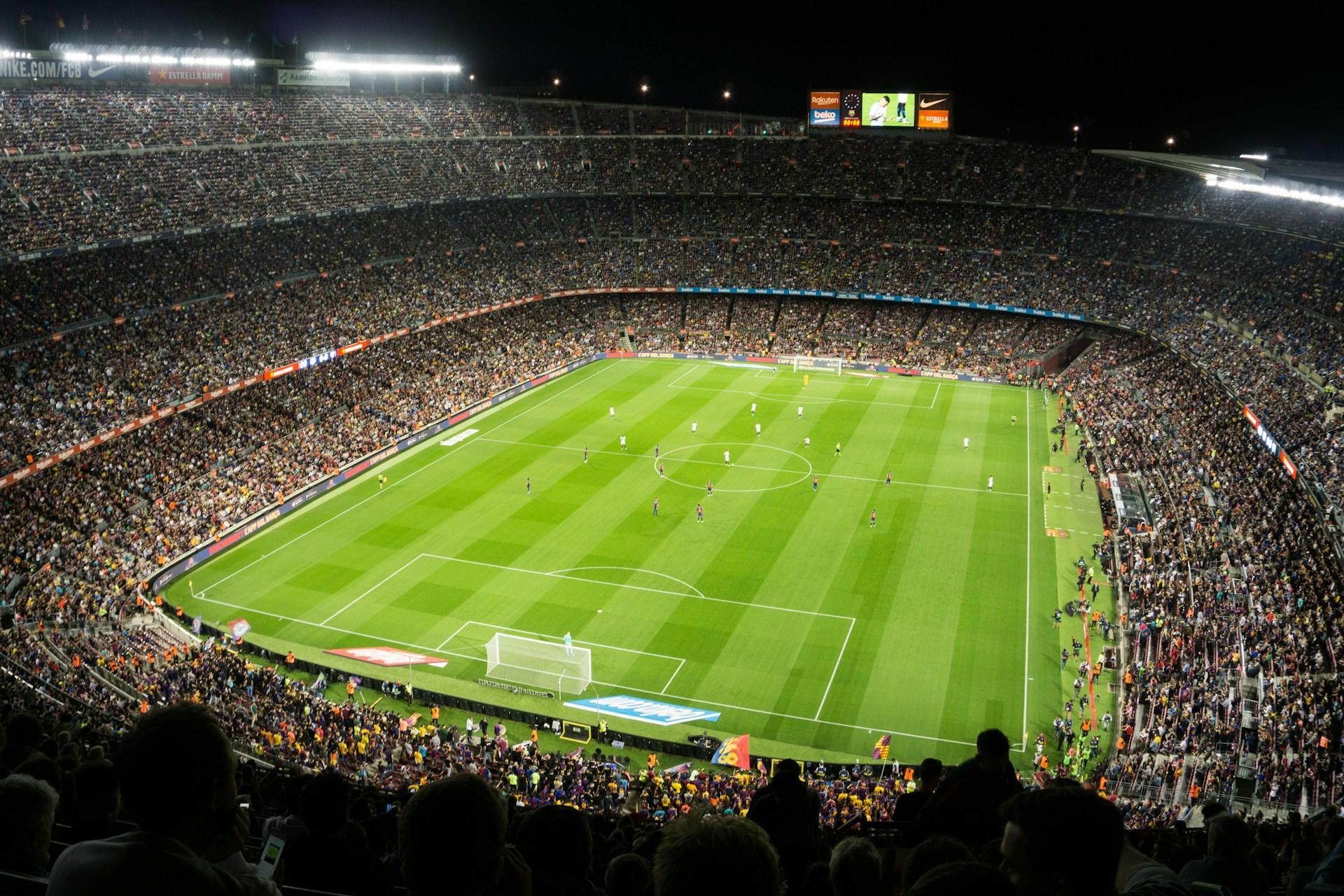
In the Europa League (formerly UEFA Cup), Sevilla is the most successful club of all time, having won the tournament 7 times in the last 20 years!
With 14 titles shared amongst Sevilla, Atlético Madrid, Real Madrid, Valencia, and Villarreal, Spain is also the most successful country in this European tournament.
La Liga's Greatest Teams
Only 9 teams have ever won La Liga. Anyone familiar with Spanish football will likely know that most of these titles have been won by either Real Madrid or by Barcelona.
The other teams to have won La Liga include Atlético Madrid, Atheltic Bilbao, Valencia, Real Sociedad, Deportivo La Coruña, Sevilla, and Real Betis.
With 35 titles to Barcelona's 27, Real Madrid remains the league's most successful team and with 46 titles shared between Real Madrid and Atlético Madrid, the nation's capital Madrid has an almost statistically untouchable footballing pedigree in Spain.
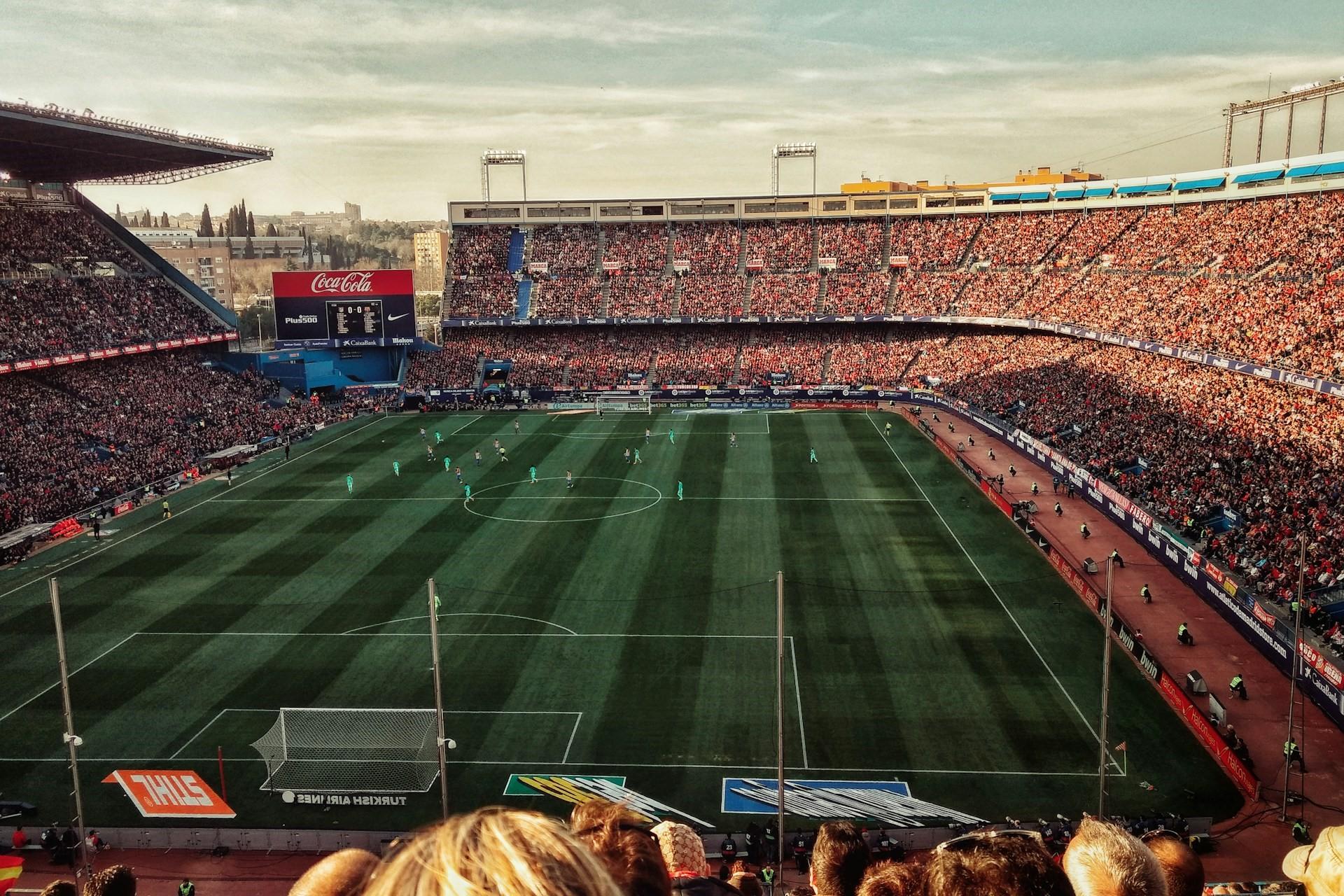
Some of the Greatest Players to Feature in La Liga
For many, Spain's La Liga is the greatest domestic football league in the world. In addition to great teams, La Liga has played host to the world's greatest players, even if you don't follow football, you may have heard of some of them!
The most recent greats to play in La Liga were undoubtedly Lionel Messi and Cristiano Ronaldo, two highly decorated players who both greatly contributed to their clubs' recent successes.
Lionel Messi
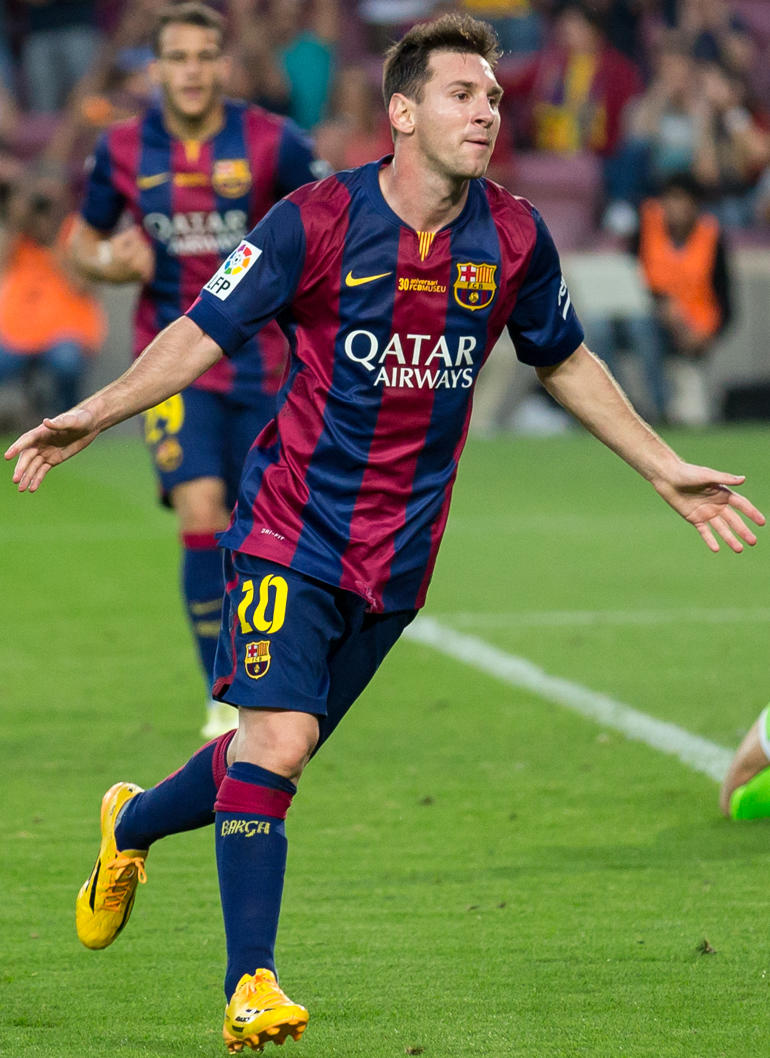
The Argentine player Lionel Messi has spent most of his playing career at Barcelona, having moved to the club as a teenager. Barcelona was the only La Liga team that Lionel Messi played for, but he played over 500 matches for the team between 2004 and 2021.
In terms of records, he scored 474 goals in 520 appearances, making him the league's most prolific goalscorer.
He also holds the record for most goals in a season (50, in the 2011-12 season), most career league assists (192), most assists in a single season (21, in the 2019-20 season), and most La Liga matches scored in (300).
In most conversations about football's greatest players, people will talk about Lionel Messi and his career at Barcelona, which was the majority of his playing career.
After moving to the French Ligue 1 side Paris Saint-Germain in 2021, he then moved to the US MLS team Inter Miami.
Cristiano Ronaldo
The Portuguese player Cristiano Ronaldo is the other player who's always in the conversation about being the greatest ever footballer.
Cristiano Ronaldo's career in La Liga was shorter than Messi's, arriving at Real Madrid in 2009 while Messi was already playing for Barcelona. He left Real Madrid in 2018 to join the Italian Serie A side Juventus.
The rivalry between Cristiano Ronaldo and Lionel Messi is well documented and football fans, especially online, will likely continue to discuss (or argue) about which of the two players is the best.
With one playing for Real Madrid and one playing for Barcelona, the Ronaldo-Messi rivalry is furthered by the fierce rivalry between Spain's two most successful football clubs.
This video from 2020 excellently explains the Messi vs. Ronaldo debate from a time when both were still in La Liga.
Other Great La Liga Players
With so many other great players in La Liga, it's impossible to name all of them. However, players like the Argentines Diego Maradona and Alfredo Di Stéfano certainly are worth mentioning. Maradona played for both Barcelona and Sevilla in La Liga while Di Stéfano was a legend at Real Madrid and also played for Espanyol.
There was also the great Dutch player Johan Cruyff, who played for Barcelona in the 1970s and very briefly for Levante in 1981.
The French player Zinedine Zidane, who won the World Cup with his national side in 1998, spent 5 years at Real Madrid, playing during the club's Galácticos era when the team was signing the world's biggest players, much like the club's owner had also done in the 1950s when they signed Di Stéfano. Other Real Madrid greats include Raúl González (commonly known as simply Raúl), but there have been too many to name them all.
As for the other side of the rivalry, we could easily talk about Barcelona players like Ronaldo Nazário (who went by Ronaldo; no relation to Cristiano Ronaldo), Xavi Hernández, or Andrés Iniesta.
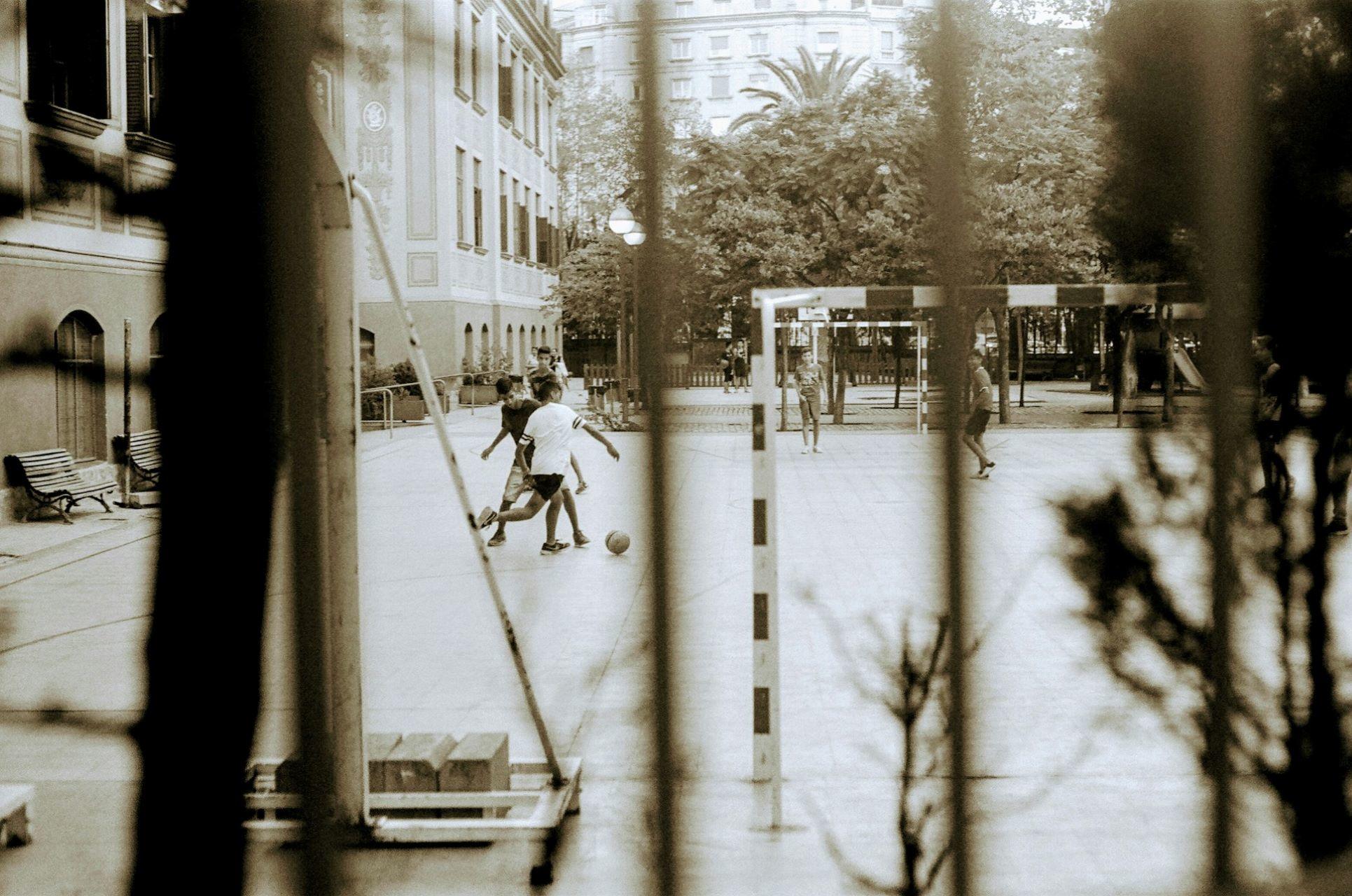
If you want to see some excellent football, just look up any of these players or simply watch La Liga to discover the next generation of stars.
La Liga is classified as Europe's second-strongest league, but for many, it's easily the best. Watch it and see for yourself.
Summarise with AI:

